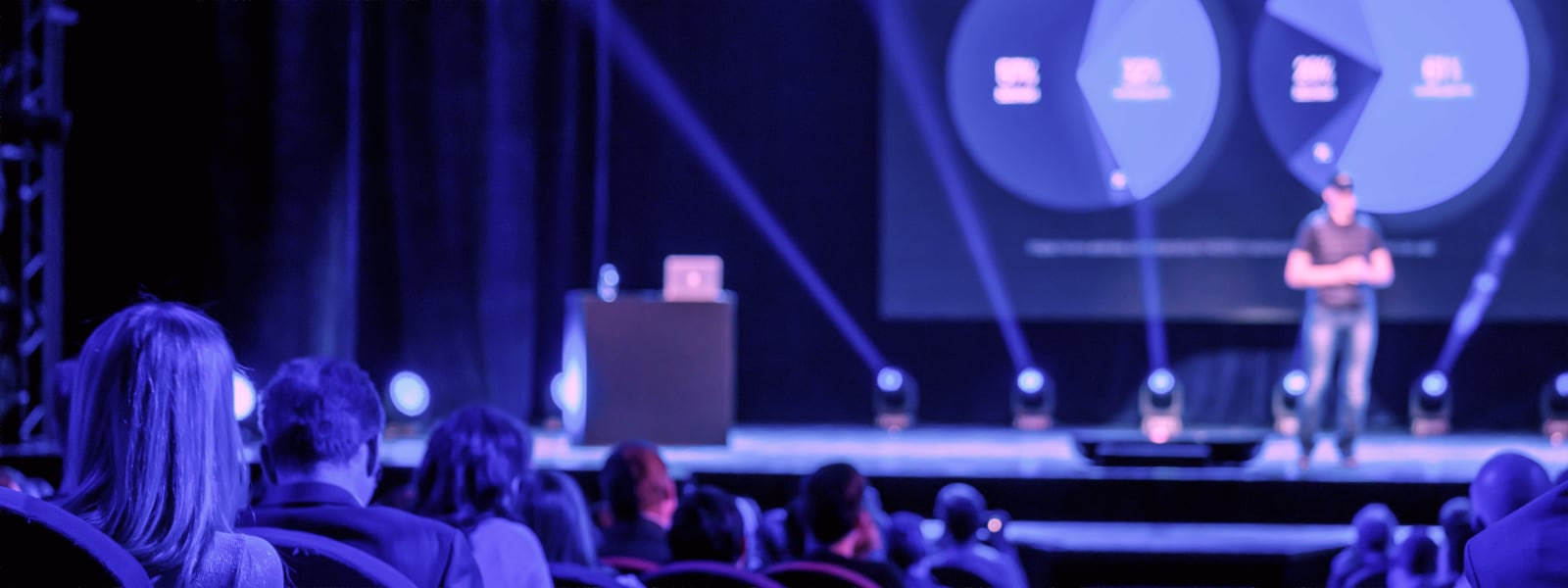Dr. Peter J. Forshaw
University of Amsterdam
Religion and Myth as Vehicles for Alchemical Knowledge in Late Medieval and Early Modern Europe
Please register for the event here.
When:
Wednesday 02 April, 2025: 16:15 to 17:45
Where:
VUB Main Campus Etterbeek
Pleinlaan 2
1050 Elsene
Vergaderzaal LW 5C.03
*Free of charge*
The Vrije Universiteit Brussel and Professor Cornelis J. Schilt invite you to a lecture (02 April) by Dr. Peter J. Forshaw (University of Amsterdam) entitled “Religion and Myth as Vehicles for Alchemical Knowledge in Late Medieval and Early Modern Europe”. This lecture is part of the ERC lecture series ‘Knowledge in International Perspective’ (KIIP).
Contact: nicolo.cantoni@vub.be and demetrios.paraschos@vub.be
Dr. Peter J. Forshaw: “This paper looks at how some European alchemists communicated their ideas, with a focus on the visual culture of theo- and mytho-alchemy in the late Middle Ages and early modern period. Starting with some examples of early textual interplay between religion and alchemy, we shall then consider images from significant early fifteenth-century manuscripts, including the Buch der heiligen Dreifaltigkeit and Aurora Consurgens. This will be followed by discussion of condemnation of such practices in the Rosricrucian manifestos of the early seventeenth century and a turn towards communicating alchemical secrets through Greek and Egyptian mythology, best known in two of Michael Maier’s publications, Arcana arcanissima (1614) and Atalanta fugiens (1617). The lecture will conclude with an examination of a curious combination of mythological and religious imagery, with cabalistic references, in eighteenth-century manuscript copies of the Livre des figures hiéroglifiques, attributed to the mysterious figure of Abraham Le Juif.”
About Dr. Peter J. Forshaw
Peter J. Forshaw studied Sanskrit, Tibetan and Indian Philosophy at the School of Oriental and African Studies, University of London (1982-86). After years spent working in France, India, Thailand, and Japan, he returned to the UK to take an MA in Renaissance Studies at Birkbeck, University of London, where he subsequently researched his doctorate in Early Modern Intellectual History, on the complex hieroglyphic and theosophical figures and the interplay of alchemy, magic and cabala in the Amphitheatrum sapientiae aeternae (Amphitheatre of Eternal Wisdom, 1595/1609) of Heinrich Khunrath of Leipzig (1560-1605), ‘doctor of both medicines and faithful lover of Theosophy’.
On completion of his PhD, Dr. Forshaw was then awarded a British Academy Postdoctoral Fellowship for research into the History of Ritual Magic in the Middle Ages and Renaissance. This period of research was then followed by fellowships at the universities of Strathclyde and Cambridge, where he worked on projects related to early modern alchemy and astrology.
In 2009 Dr. Forshaw was appointed Universitair Docent (Senior Lecturer/Assistant Professor) for History of Western Esotericism in the Early Modern Period at the Centre for History of Hermetic Philosophy and Related Currents, University of Amsterdam. He was editor-in-chief of Aries: Journal for the Study of Western Esotericism for 10 years, has edited several books, including Lux in Tenebris: The Visual and the Symbolic in Western Esotericism (2016), and is author of a 4-volume monograph, The Mage’s Images: Heinrich Khunrath in His Oratory and Laboratory (2024).
About Prof. Dr. Cornelis J. Schilt
Cornelis J. Schilt is a research professor in History and Philosophy of Knowledge at Vrije Universiteit Brussel, specialising in Renaissance, early modern knowledge formation in general and the life and writings of Isaac Newton in particular. In 2022, he received a prestigious ERC start-up grant. With it, he started the project VERITRACE in which he investigates the influence of ancient wisdom writings on the development of early modern natural philosophy.


